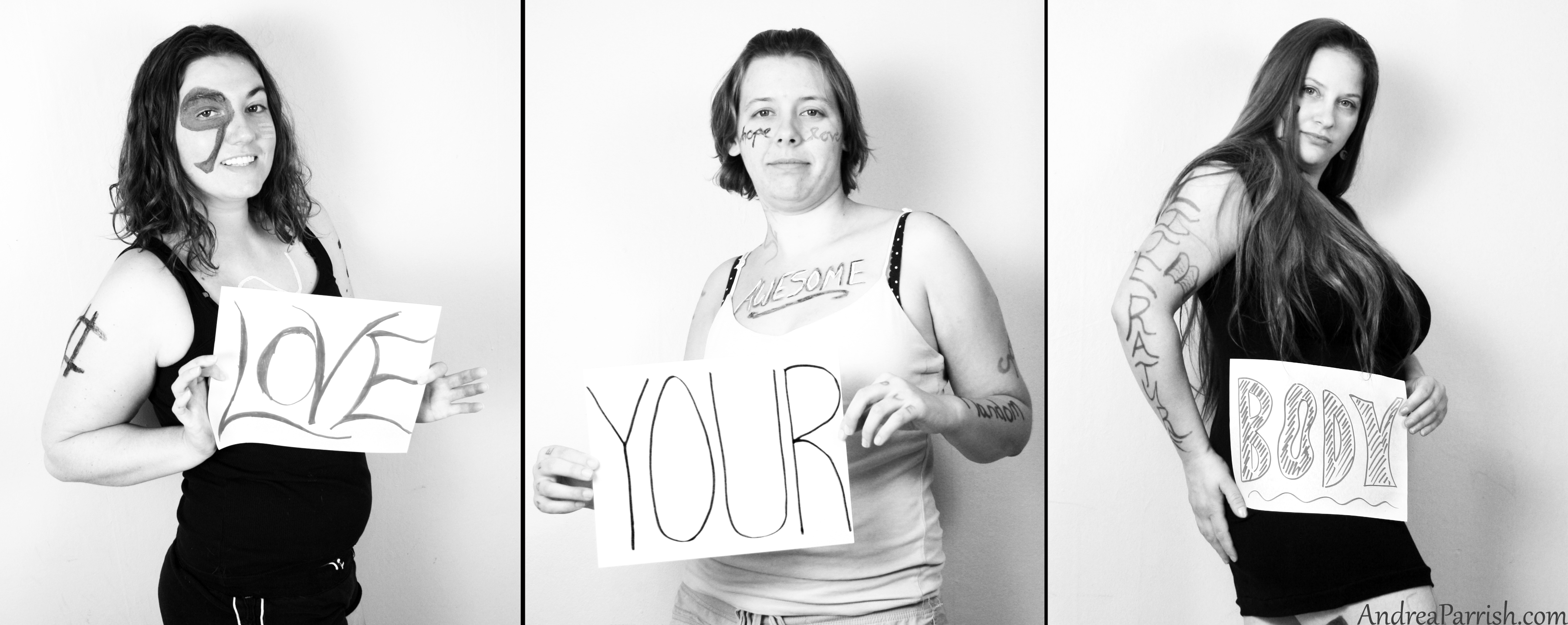Nicole Wegweiser Psychotherapy
|
We live in a diet culture we live in influences the way we think, feel, and talk about our bodies. The media bombards us with messages that thinness equals beauty, and the medical field tells us that being thin is equivalent to being healthy (which by the way, research has proven is not true.) We live in a digital world that constantly shows us images of women that are airbrushed and photo-shopped, bodies that are unattainable for nearly all women. Women’s bodies are objectified and sexualized in advertisements to sell us beauty products we don’t need, and diets that don’t work. Although we are born intuitively knowing how to feed our bodies eating when we are hungry and stopping when we’re full, we somehow unlearn this primitive instinct. We listen to our parents who tell us what we can eat, when, and how much as children. And as adults, we find diets to do the same.
I recently did a lecture for a group of teenage girls on eating disorders and body image issues. I was blown away by the amount of dislike each girl in the room had about their body. The girls that were overweight wanted to be thinner. The girls that were thin talked about the pressure they feel to gain weight. The girls that had straight hair wanted curlier hair. The girls with small boobs wanted larger ones. And the list went on…about all of the things they wanted to change about themselves. When I asked them to think about physical attributes about themselves that they liked, they found this to be a very challenging task. A couple of them couldn’t even name one thing. It was truly devastating to see a room of bright, beautiful, young, healthy women feel so bad about themselves and their bodies. I educated them about body acceptance for themselves and each other. I discussed the way “fat talk” can be toxic and how it promotes self-hate and eating disorders. I talked about how it is possible to love one’s body and nurture a positive relationship with their bodies and food. I shared the idea of intuitive eating instead of dieting to feed and nourish their bodies for optimal health. I relayed the importance of exercising for pleasure, not for burning calories. I left the workshop feeling satisfied about the message I was able to portray, yet unsure about its lasting impact on them. So how can we truly embody this message of loving ourselves despite the messages we receive that make us feel that we are not enough? Not pretty enough? Not thin enough? I think what works is different for each of us, but here are a couple of tips that may be helpful.
As the warm weather approaches, please keep these tips in mind. I promise that losing that extra weight to have your bikini body is not going to solve all of your problems and make you love yourself. It's finding that nurturing, loving, self-accepting relationship with yourself that will.
2 Comments
|
AuthorNicole Wegweiser, LCSW Archives
March 2020
Categories |

 RSS Feed
RSS Feed